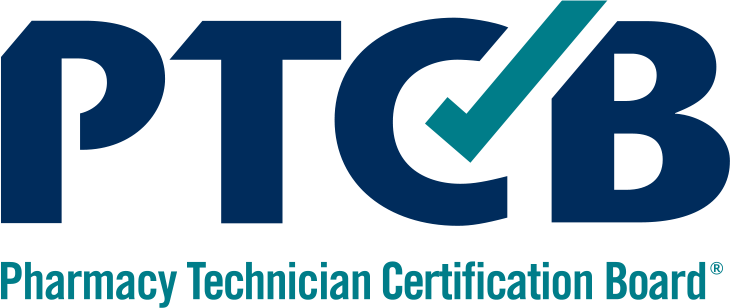WASHINGTON, DC — With the start of the new year, the Pharmacy Technician Certification Board® (PTCB®), the nation’s leading certifying organization for pharmacy technicians, has implemented new eligibility requirements and an updated Pharmacy Technician Certification Exam® (PTCE®) for its Certified Pharmacy Technician (CPhT) Program. The 2020 changes are based on data generated by PTCB’s most recent pharmacy Job Task Analysis, reflecting input from more than 40,000 technicians across practice settings, and guidance from the pharmacy community, including employers, educators, and organizations.
“PTCB is focused solely on advancing medication safety, and we rely on data and input from pharmacy professionals to guide the direction of our program updates,” said PTCB Executive Director and CEO William Schimmel. “With the 2020 changes, PTCB reaffirms our commitment to ensuring that PTCB’s CPhT Program advances patient care. Pharmacists can trust that technicians who earn PTCB credentials have demonstrated current knowledge that is critical to performing their jobs safely in today’s pharmacy workplace.”
The 2020 modifications now in effect require aspiring CPhTs to either complete a PTCB-Recognized Education/Training Program or have equivalent work experience before they take the PTCE. More than 1,400 PTCB-recognized programs are now available, including all pharmacy technician programs accredited by the American Society of Health-System Pharmacists/Accreditation Council for Pharmacy Education (ASHP/ACPE) or by the Accrediting Bureau of Health Education Schools (ABHES), as well as non-accredited programs that comply with PTCB’s curriculum requirements.
“PTCB's new requirement for completion of recognized education and training strengthens patient care and advances medication safety in pharmacy. It ensures that PTCB CPhTs are held to a consistent and rigorous professional standard,” said Nicole Barriera, CPhT, Pharmacy Technician Department Chair and Program Director at Pikes Peak Community College in Colorado Springs, CO. ”The role of the technician is critical to safe pharmacy practice. The 2020 requirements will help ensure competency and accuracy in skills and tasks that directly affect patients.”
The alternate work experience eligibility pathway is available to experienced technicians who are not in a position to enroll in education/training. They must complete at least 500 work hours and fulfill certain knowledge requirements before applying for certification.
The content of the updated PTCE reflects data on roles and responsibilities collected from the Job Task Analysis. Instead of the previous exam’s nine knowledge domains, the new PTCE categorizes knowledge into four domains: medications, federal requirements, patient safety and quality assurance, and order entry and processing.
The new requirements and modifications to the PTCE are part of a suite of PTCB initiatives that also include new credential programs for CPhTs in advanced roles. “PTCB’s CPhT Certification is fundamental across practice settings and is also the foundation for those who choose to advance their careers,” said Schimmel. In 2019, PTCB introduced Assessment-Based Certificate Programs in Technician Product Verification (TPV) and Medication History, and this year plans to launch three more — Hazardous Drug Management, Controlled Substances Diversion Prevention, and Billing and Reimbursement — for a total of five.
Active CPhTs who complete at least four certificates, including TPV and/or Medication History, or three certificates and PTCB’s Compounded Sterile Preparation Technician® (CSPT®) Certification, and have 3 years of work experience, will be eligible to earn an Advanced CPhT Certification (CPhT-Adv) in the future.
“Building a career ladder for pharmacy technicians is part of advancing safety and patient care,” said Schimmel. “Recognizing CPhTs for their advanced responsibilities rewards their dedication to patient care, and reinforces efficiency and safe medication practices.”


To obtain information, schedule an interview, or request a comment, contact mediarelations@ptcb.org.